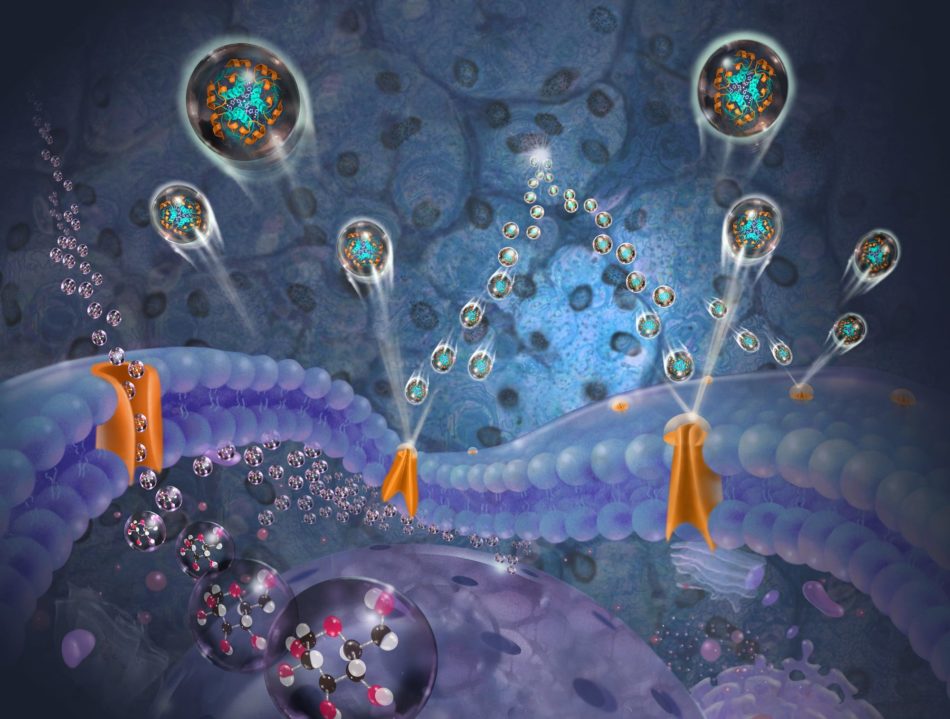By Dr. Maria Maricich, D.C.
Fact: You or someone you know is suffering from an acute and serious medical condition.
Fact: More than one in three adult Americans—approximately 88 million—have the condition, but 90% don’t realize it.
Fact: Your dietary habits can drastically influence whether or not you will be susceptible—and even shorter-term deviations from a healthy diet can have a long-term effect.
Are you plagued by fatigue, pain, insomnia, depression, anxiety, weight gain, or intense sugar cravings? Insulin resistance could be to blame. Learn more about this underreported and widely misunderstood condition.
While big holiday parties may not be happening this year, an abundance of sweet temptations still abounds. From candy and cookies to eggnog and peppermint mochas, overindulging is a seasonal tradition for many. Maybe you think, “I’ll just get back on track in January.” But unfortunately, the damage it does to your body isn’t always easy to reverse. Just a few weeks of added sugar and alcohol can shift your cellular metabolism toward insulin resistance.
What is insulin resistance?
Blood sugar, also referred to as glucose, is what fuels all cells of the body. When we eat, the food consumed is converted to glucose and carried via our blood to our cells. Insulin is the hormone necessary to carry glucose into these cells. But sometimes, the cells don’t allow insulin to do its job and glucose isn’t delivered into the cell. This condition is termed “insulin resistance.”
An estimated 60 to 70 million Americans are affected by insulin resistance. More than 40% of people age 50 and older may be at risk, but insulin resistance can affect anyone at any age.
Researchers don’t fully understand what causes insulin resistance, but excess weight (especially around the abdomen) and lack of physical activity are believed to be major factors. A sure sign of insulin resistance is feeling tired after a meal, especially one high in carbohydrates such as bread, pasta, potatoes, or after eating dessert. Any excess carbohydrates must be converted to fats and lipids to be stored. It takes a lot of energy to make the conversion, which is why you may feel tired or sleepy.
When glucose is blocked from getting into our cells, the cells don’t get their fuel and therefore don’t run efficiently, leading to fatigue. The excess glucose in the blood forms “glycated end products,” which trigger inflammation and are damaging to tissues. We often feel this as pain in the joints. We don’t feel pain in the brain, but the damage and inflammation there can manifest as anxiety, depression, memory loss, insomnia, and lack of concentration.
If you are wondering whether you have insulin resistance, here are some clues:
- Sugar cravings, especially after meals
- Eating sweets with no relief from cravings for sugar
- Fatigue after meals
- Frequent urination
- Increased thirst and appetite
- Difficulty losing weight
- Slowed stomach emptying
- Slowed wound healing
- Sexual dysfunction
- Visual problems
- Numbness and tingling in the extremities
Insulin resistance and its consequences, including cardiovascular disease, hypertension, cancer, respiratory disorders, dementia and Alzheimer’s disease, kidney failure, blindness, digestive disorders, are the number-one cause of death in the United States, so this is serious business.
Common information about insulin resistance suggests that a diet low in carbs and sugar combined with regularly and adequate physical activity can prevent or reverse the condition. These are indeed good habits, but for some people the problem is more complex. Blood sugar regulation involves a symphony of mechanisms in the body, including the liver function, kidneys, gut, hormones, and brain.
So what now?!?
Stay tuned for Part 2 of this article, where we will go into more detail on how to restore optimal metabolism. Until then, aim to maintain good eating habits and a regular exercise routine throughout the holiday season. It’s okay to allow yourself a few indulgences on one or two special evenings, but otherwise, try to treat the next few weeks like any other time of year. It will do your body a world of good.
About the Author
Dr. Maria Maricich is a functional medicine doctor and a doctor of chiropractic. In her 29 years of practice in Ketchum, Dr. Maria’s passion has been to offer the most up-to-date approaches to optimal health and well-being. Functional Medicine and Functional Neurology are new emerging fields of medicine. Their objective is to find dysfunction rather than disease. Treating the dysfunction by natural means allows the body to heal itself whether disease is present, or a person just knows they aren’t their best. It is also one of the best anti-aging measures available. Dr. Maria can be reached at 208.726.6010. www.DrMariaMaricich.com.
